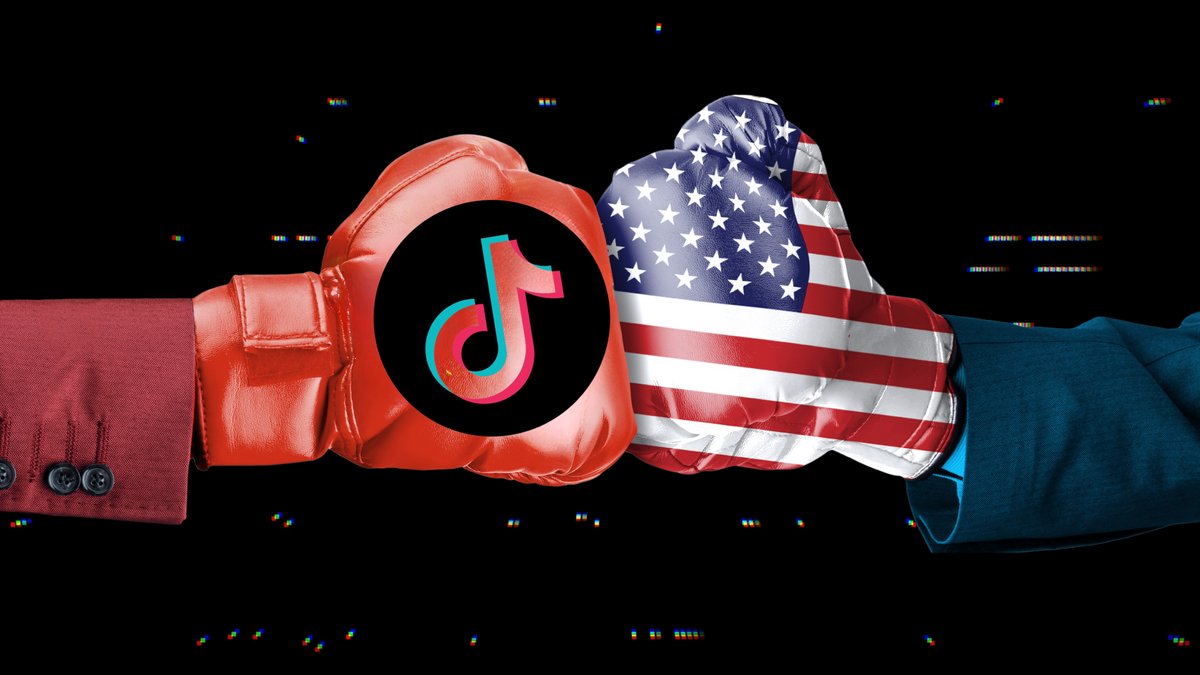Legal Battle Unfolds: TikTok Challenges US Congress on Sell-Or-Be-Banned Law
TikTok, the popular social media platform, has taken its battle against the recently passed sell-or-be-banned law by the US Congress to the legal arena. The law, which mandates TikTok to either sell or face a nationwide ban, has been met with strong opposition from the platform, calling it both unrealistic and unconstitutional.
The legal filing by TikTok argues that the law, which singles out the platform for a permanent ban, infringes on the First Amendment rights of not just the company but also its American users. Despite efforts by the law’s proponents to frame it as a regulation of ownership rather than a ban, TikTok asserts that the essence of the law is a direct threat to its existence.
Challenges and Controversies
At the core of the sell-or-be-banned law lies concerns over data security, with allegations that the Chinese government could access user data through TikTok’s parent company, ByteDance. While proponents of the law have emphasized the likelihood of a change in ownership to address these concerns, TikTok has vehemently rejected the notion that ByteDance would comply with such a requirement.
The legal filing outlines the impracticalities of selling TikTok, especially in the US market, citing commercial, technical, and legal hurdles. The platform argues that splitting off its US operations would render the platform unviable, given its global interconnectedness. Additionally, technical challenges and potential regulatory roadblocks in China further complicate the prospect of a sale.
Data Security Measures and Transparency
TikTok has consistently denied allegations of data security risks, pointing to its collaborations with companies like Oracle to enhance data protection measures. The platform has invested significantly in technological safeguards and governance protocols to ensure the integrity of its user data, in compliance with US regulations.
Project Texas, as termed by TikTok, underscores the platform’s commitment to data security and transparency. The company has voluntarily committed substantial resources to bolster its data protection mechanisms, including a comprehensive National Security Agreement developed in consultation with US authorities.
Constitutional Implications and Legal Wrangling
While supporters of the sell-or-be-banned law argue for its constitutionality, TikTok contends that the law unfairly targets the platform and its parent company, ByteDance. The legal filing challenges Congress to adhere to constitutional principles and stresses the need to enjoin the law for its overreach and punitive nature.
Notably, TikTok has successfully thwarted previous attempts to ban the app on constitutional grounds, indicating a history of legal victories in defending its operations in the US. The ongoing legal battle will test the validity of the sell-or-be-banned law and its compatibility with constitutional rights.
Conclusion
As the legal drama unfolds between TikTok and the US Congress, the stakes are high for both parties. The outcome of this legal challenge will not only impact the future of TikTok in the US but also raise crucial questions about the intersection of national security, data privacy, and constitutional rights in the digital age.
It remains to be seen how the courts will navigate these complex issues and whether TikTok’s arguments against the sell-or-be-banned law will prevail in upholding its right to operate freely in the American market.

